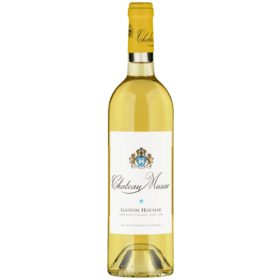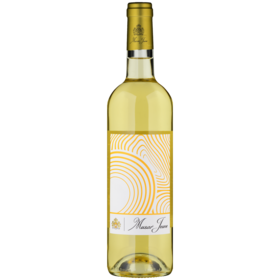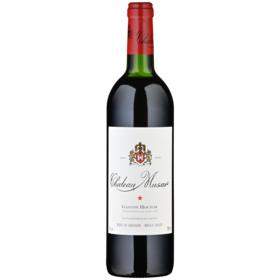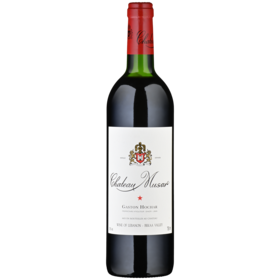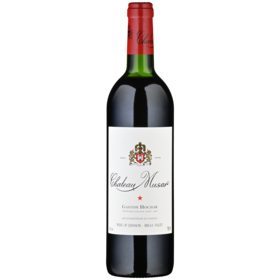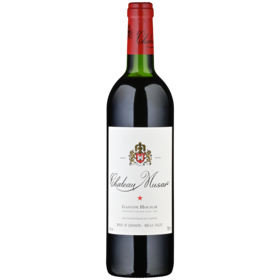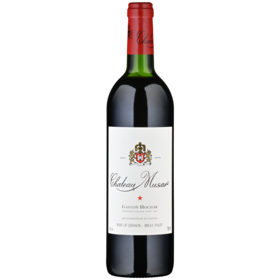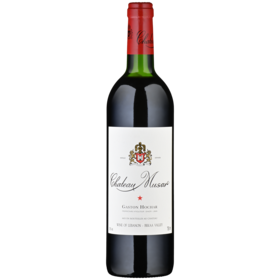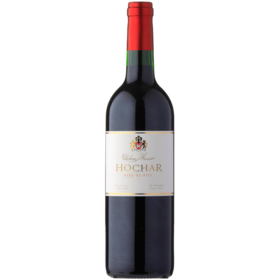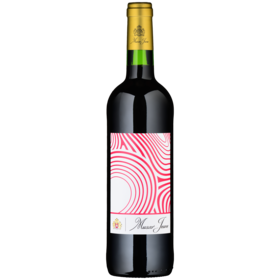Lebanon
Bekaa Valley
Lebanon has a long and rich wine history. Its most important vineyard areas are situated in the Bekaa Valley, where a warm, sunny climate and good-quality soils are conducive to winegrowing.
Lebanon is home to one of the world’s oldest wine cultures, which dates all the way back to the Phoenicians. In the Middle Ages, sweet wines from Lebanon were even shipped as far as Venice.
French connection and civil war
The mid-19th century was a tough time for Lebanese wine until the Jesuits of Ksara began to grow wine in earnest in 1857. Lebanese vintners benefited under the French Mandate from 1919 to 1943, when demand for wine surged. The Barton family from Bordeaux also acted as consultants to Chateau Musar, thus heralding a new era in Lebanese winemaking. Unfortunately, the civil war between 1975 and 1989 stopped this period of modernisation in its tracks. However, hope returned following the Taif Agreement, with several new wineries and wine cooperatives launching their operations between 1996 and 2000.
The fertile Bekaa Valley
Lebanon currently has around 30,000 hectares of land under vine. However, only some 3,000 hectares are devoted to winemaking while the remaining area is used for growing raisins or producing arak, a liqueur similar to Turkish raki. The fertile Bekaa Valley, situated 800 to 1,000 metres above sea level, is the epicentre of Lebanese winemaking. Thanks to the surrounding mountain ranges, vines here enjoy cool nights – but adequate rainfall too. Grapes ripen longer than in some parts of southern France, and picking normally takes place from the middle to the end of September. The soils on the valley floor mainly consist of fertile loam. Their high clay content offers good water-storing capacity, while limestone provides the vines with mineral micronutrients.
French grape varieties
The region’s dominant grape varieties are French-influenced as well: Chardonnay, Cabernet Sauvignon, Carignan, Cinsault and Syrah. Quality is now exceptionally high, with many wines more than able to hold their own against their international peers.


